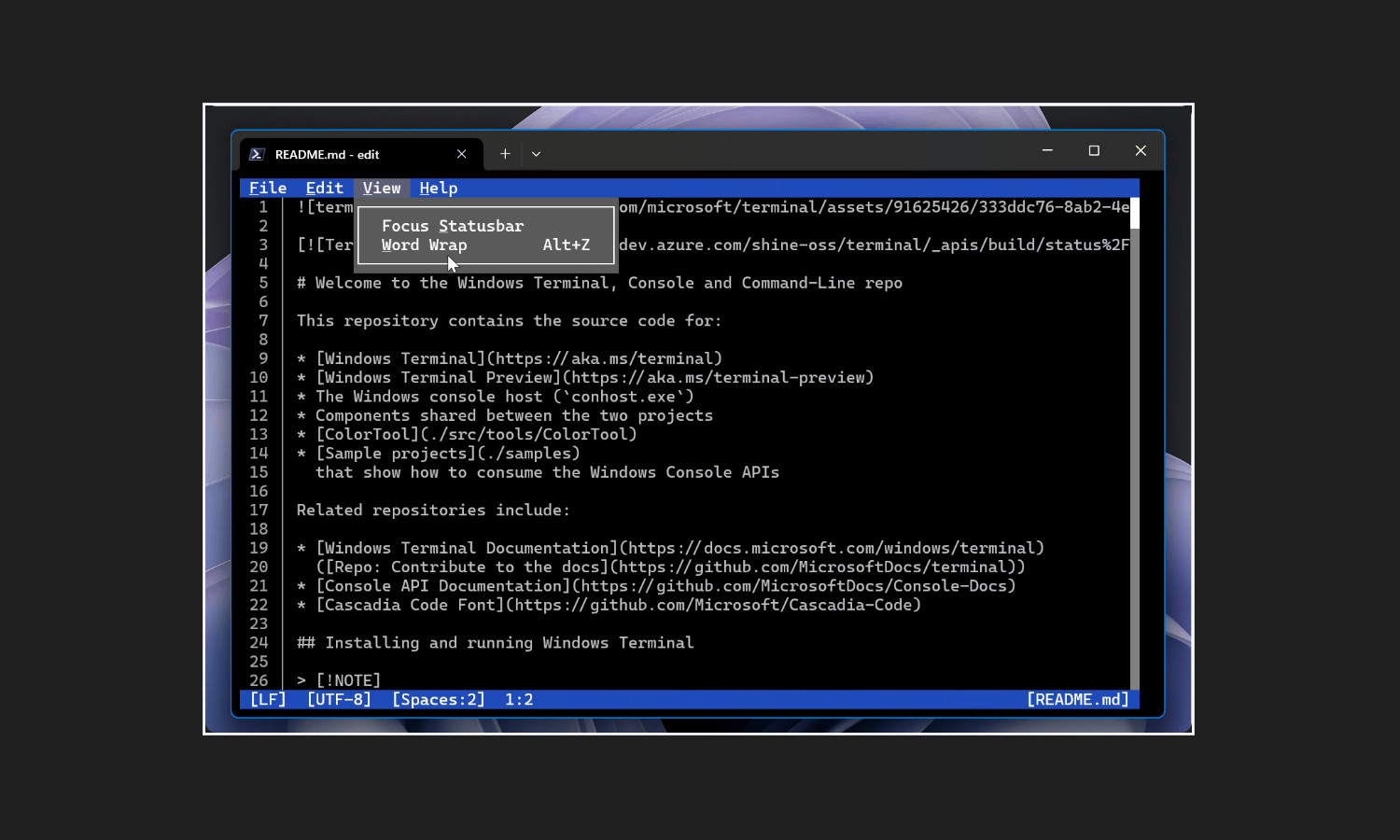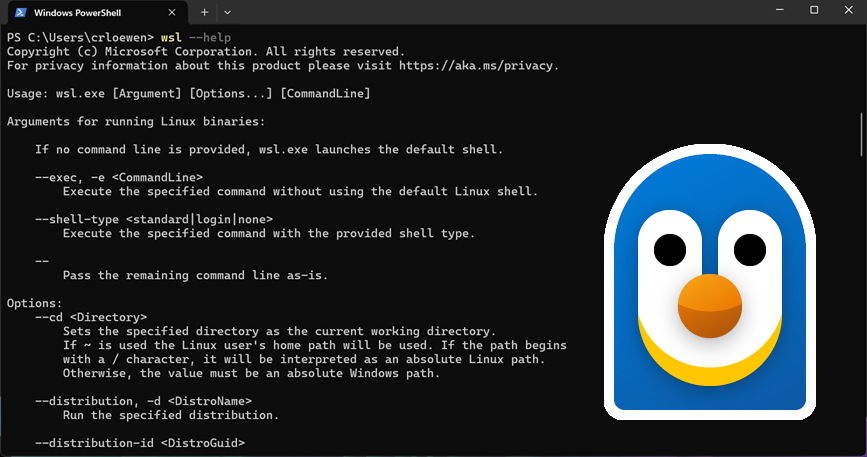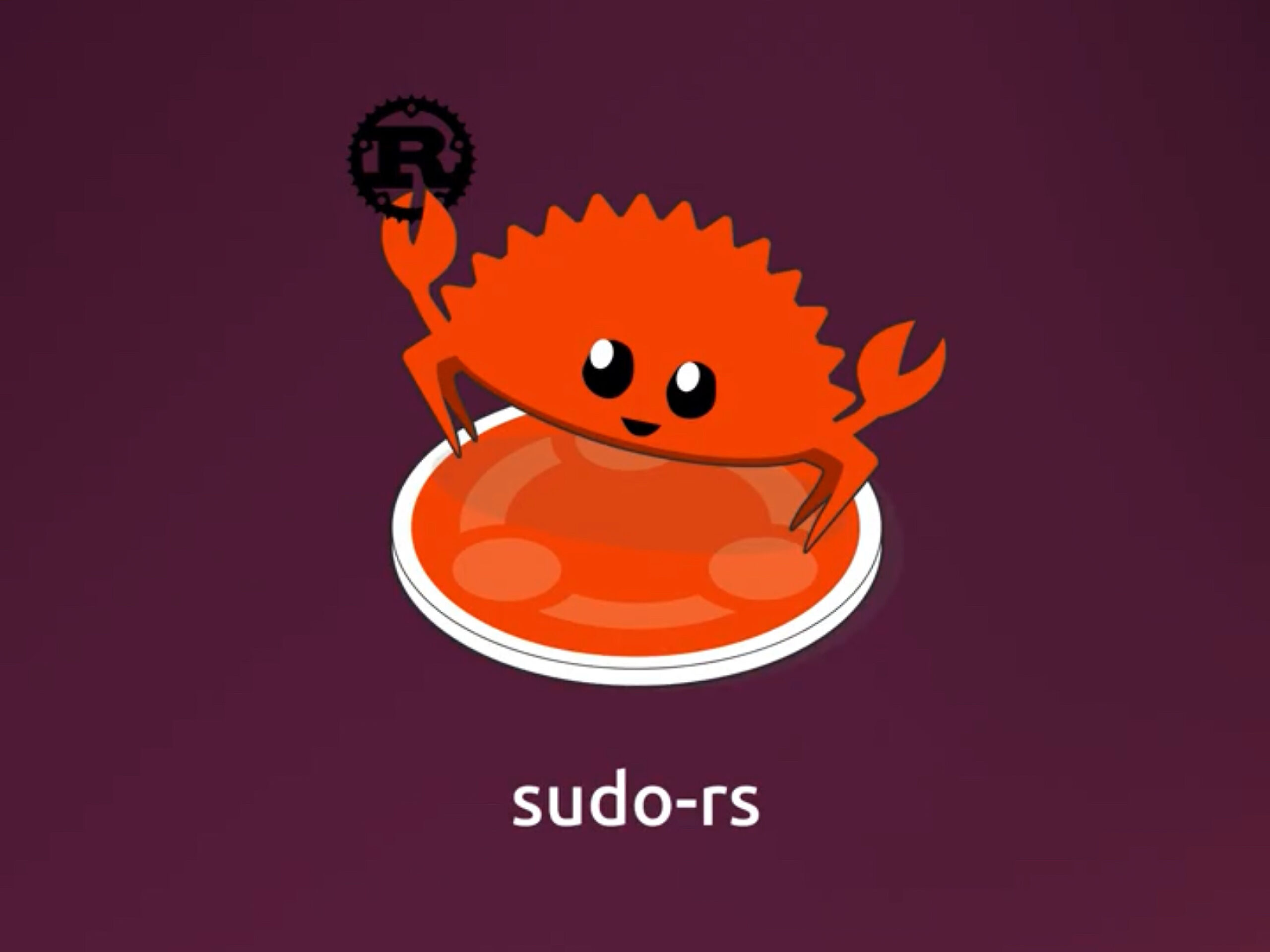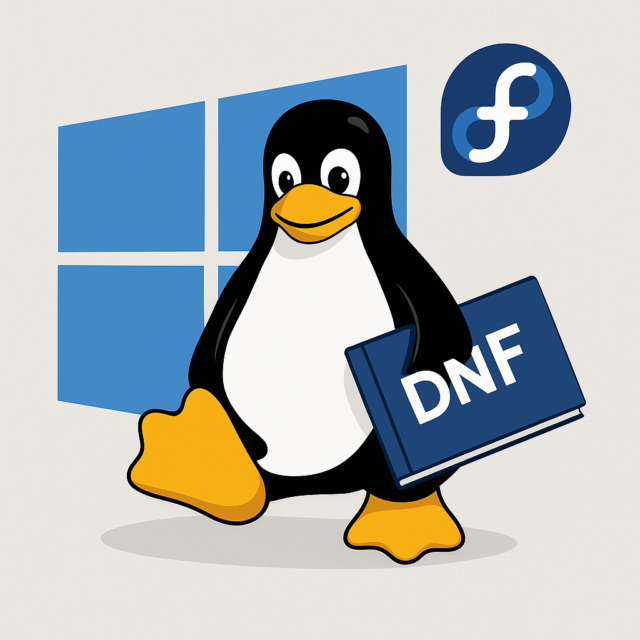
Chaos RAT malware strikes Linux and Windows as hackers exploit its flaws
Chaos RAT is back and causing trouble on Linux and Windows systems. This open source remote access tool was once pitched as a legitimate way to manage computers remotely. Now, it is being used to spy on users, steal data, and possibly set the stage for ransomware. But in an ironic twist, attackers are now turning the tables and exploiting Chaos RAT itself.
Originally written in Go and designed for cross platform compatibility, Chaos RAT has evolved from a basic tool into a very dangerous piece of malware. It has been spotted in real world attacks including a recent sample disguised as a Linux network utility. Victims were likely tricked into downloading a fake troubleshooting tool containing the malware.

Confidence in software supply chain security at odds with actual readiness
New research finds that 32 percent of security professionals think they can deliver zero-vulnerability software despite rising threats and compliance regulations. 68 percent are more realistic, noting they feel uncertain about achieving this near-impossible outcome.
The study from Lineaje, carried out among RSA attendees, also shows that while software bill of material (SBOM) regulations and guidelines continue to increase, organizations vary in their level of adoption.

ARM is the future and Armbian 25.5 is the Linux-based OS ready for it
Armbian 25.5 is here, and it looks like a quality operating system release for anyone messing around with ARM-based boards. The Linux distribution brings better hardware support, smarter configuration tools, and more.
This update adds support for more single-board computers, including the TI SK-AM69, Banana Pi M2+, BeagleBone AI-64, BeaglePlay, and PocketBeagle2. That covers both newer devices and older ones that still have life left in them. Armbian’s not leaving legacy users behind, which is refreshing.

Linux 6.15 brings new hardware support and bcachefs improvements
Linus Torvalds has officially released version 6.15 of the Linux kernel. While this update doesn’t include anything flashy or headline-grabbing, it continues the steady evolution of the most important open source kernel in the world.
As usual, driver updates make up the bulk of changes. Linux 6.15 brings better support for modern hardware, including fixes for newer Lenovo and HP laptops, updates to Allwinner and Rockchip boards, and expanded controller support in the xpad driver.

Kick off this Memorial Day weekend by replacing Windows 11 with NixOS 25.05
Memorial Day weekend is finally here! Most folks are obviously thinking about barbecues, beach trips, and most importantly, honoring members of the military that lost their lives defending this great nation.
However, there’s another way to celebrate freedom -- ditching Windows 11 for Linux. Yes, you can install something that actually respects your control and privacy. NixOS 25.05 “Warbler” has just landed (read full release notes here), and it’s a perfect excuse to finally make the switch.

Free open-source Woodpecker aims to make red-teaming more accessible
Runtime AI defense platform Operant AI is launching Woodpecker, an open-source, automated red teaming engine, that isn't for the birds but aims to make advanced security testing accessible to organizations of all sizes.
As organizations increasingly adopt complex cloud-native applications and AI technologies, security vulnerabilities have become more sophisticated and challenging to detect. Woodpecker is designed to help organizations proactively detect and address security vulnerabilities across AI systems, Kubernetes environments, and APIs.

Microsoft launches Edit, its new open-source command line text editor
Microsoft Build is usually about cutting edge development, but sometimes there are nods to the past. And this is precisely what is happening with the company’s new text editor.
Named -- uninspiringly -- Edit, this text editor is not only open-source, but it is a command line tool. While clearly not something that will be of interest to the majority of Windows 11 users, it is something that has strong developer appeal.

Microsoft open-sources WSL to give developers control over Linux on Windows
Well, it finally happened, folks. Microsoft has open-sourced the Windows Subsystem for Linux (WSL), giving developers full access to its code on GitHub! Yes, after nearly a decade of closed development and repeated requests from the community, the company has handed over the keys -- inviting coders to inspect, improve, and contribute to the very core of how Linux runs on Windows.
This isn’t some half-baked gesture, either. Microsoft has released the core WSL package (the components that power WSL 2) under an open source license. This includes command-line tools like wsl.exe, background services, init processes, networking daemons, and the Plan9-based file sharing system. You can now build WSL from source, fork it, or pitch in directly on GitHub.

Microsoft Magentic-UI is an open source AI tool that lets humans stay in control
In a world full of AI agents seemingly trying to take control away, Microsoft has done something surprisingly refreshing -- it is handing the wheel back to the user.
With the launch of Magentic-UI, a new open source research prototype, Microsoft is inviting developers and researchers to explore a different kind of AI assistant. One that doesn’t just act on its own, but actually collaborates with people in a transparent, controllable way.

Stratoshark has been donated to the Wireshark Foundation to boost open source cloud security
Cloud security company Sysdig has announced the donation of Stratoshark, the company's open source cloud forensics tool, to the Wireshark Foundation.
This move is aimed at fostering innovation within the community, building in the open, and pushing security forward with advanced tools that better understand cloud-native environments.

Ubuntu Linux swapping classic sudo for Rust-powered sudo-rs
Canonical is making a huge change in Ubuntu that longtime Linux users might not expect (or like). You see, beginning with the upcoming Ubuntu 25.10, the popular Linux distribution will begin the process of ditching the classic sudo tool in favor of a modern reimagining called sudo-rs. This change is more than a simple code swap -- it’s a sea change in how privilege escalation is handled on Linux, with a clear focus on security and long-term sustainability.
So what exactly is sudo-rs? Well, as the name implies, it’s a new implementation of the familiar sudo command, but this version is written entirely in Rust -- a programming language known for its strict memory safety and reliability. If you’re worried about compatibility, don’t panic; sudo-rs is designed as a drop-in replacement for the original. For most users, it will just work.

Microsoft finally makes Fedora an official Windows Subsystem for Linux (WSL) distribution
Well, it has finally happened. Fedora Linux is now officially available as a Windows Subsystem for Linux (WSL) distribution! That’s right, folks, following prior testing, you can now run Fedora 42 natively inside Windows using WSL. As someone who considers Fedora to be my favorite Linux distribution, this is a pretty exciting development.
Installing it is simple enough. Just open up a terminal and type wsl --install FedoraLinux-42 to get started. After that, launch it with wsl -d FedoraLinux-42 and set your username. No password is required by default, and you’ll automatically be part of the wheel group, meaning you can use sudo right out of the gate.

AlmaLinux 9.6 Beta released: Here’s what Linux users need to know
AlmaLinux 9.6 Beta has officially been released (download here), giving Linux fans and enterprise users an early peek at what’s coming next from this Red Hat-compatible distribution.
The new beta is codenamed “Sage Margay” and is available right now for x86_64, aarch64, ppc64le, and s390x systems. Keep in mind, this is a pre-release build, so don’t go installing it on anything mission-critical unless you’re ready for things to break.

Install 4MLinux 48.0 to breathe new life into your old computer
Let’s be honest, y’all -- it is pretty easy to feel overwhelmed by everything going on these days. Bad news seems to hit from every direction, leaving many people feeling helpless or anxious. But believe it or not, there is a simple, satisfying way to take back a little bit of control -- by breathing new life into an old computer with a refreshing Linux distribution such as 4MLinux.
You see, the new 4MLinux 48.0 series has officially been declared stable (download here), and it brings a whole lot to the table for such a lightweight operating system. Whether you want to write documents in LibreOffice 25.2 or GNOME Office (featuring AbiWord 3.0.5, GIMP 2.10.38, and Gnumeric 1.12.59), this little distro has you covered. Browsing the web is easy too, with both Firefox 137.0 and Chrome 135.0 ready to roll. Thunderbird 128.9 is there if you still prefer handling email the old-fashioned way.

Brave open sources Cookiecrumbler to make cookie consent blocking smarter
Brave just made a move that should make privacy enthusiasts pretty happy. The company has officially open sourced Cookiecrumbler, a tool designed to automatically detect and help block those obnoxious cookie consent banners you see across the Web. These pop-ups are not only annoying but, according to research, often track users even when they click reject. Cookiecrumbler aims to stop that nonsense while avoiding the headaches that can come with sloppy blocking rules.
Lately, Brave has been my go-to web browser. It’s open source, cross-platform, and runs beautifully on Linux, which I appreciate as a Linux fan. Even better, it handles ad-blocking on iOS -- something many other browsers don’t offer. And perhaps most importantly, it does all of this without relying on Google.
